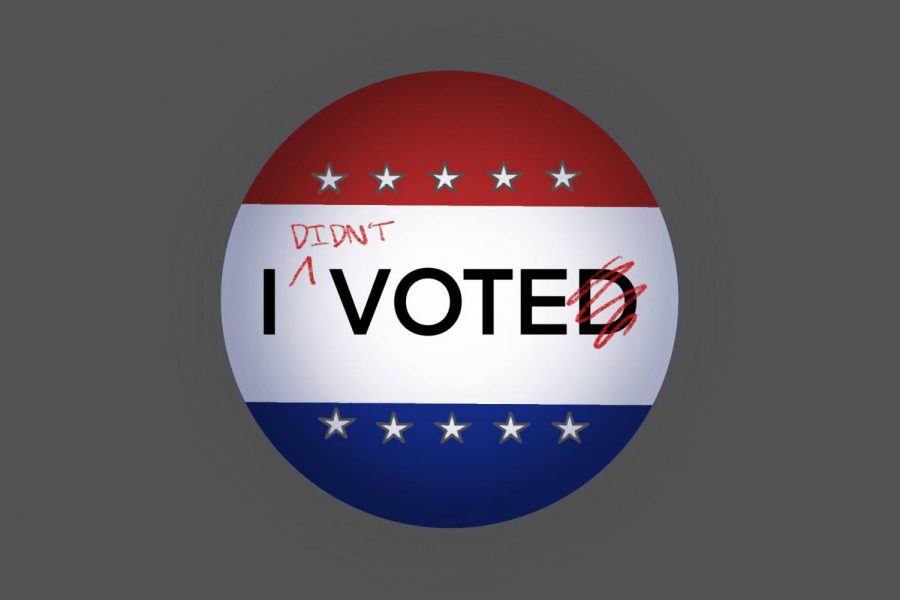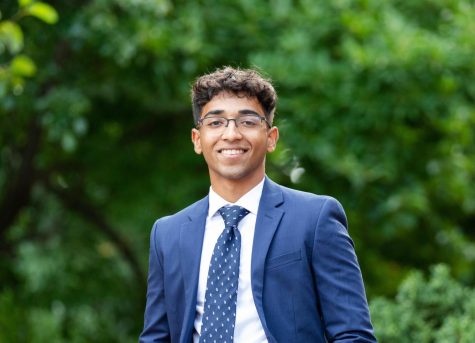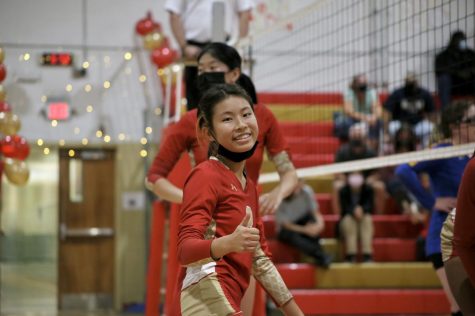Editorial: Don’t Our Voices Count?
November 19, 2021
I am a senior. I’m seventeen, I can drive, I can legally get married with my parent’s permission, I can apply to colleges and decide my future…
But I cannot vote.
In the fall of senior year, adults expect high school seniors to make big decisions about their future. Which college should they go to? Which major should they choose? How much are they willing to pay? How far are they willing to go? Seniors are expected to answer questions that determine the rest of their lives, but they aren’t trusted with the right to vote.
Even though issues that adults vote on are most likely to affect young adults and teenagers, students have no voice at all in elections and public affairs until they turn eighteen. Even though school shootings are a constant fear in children’s minds, they can not vote to restrict gun purchases. Even though Edison is overcrowded, with some class sizes exceeding thirty students, we can’t vote to expand the school. The issues that people vote on are most likely to affect us in the long run, yet we have no say in this decision-making process.
Edison has voted on the overcrowding crisis several times. The first was in December 2019. That vote featured a turnout of merely ten percent—meaning ninety percent of eligible voters didn’t show up to vote on the issue. And so, two years later, there’s been little progress. While Edison High School increasingly exceeds its capacity each year, the town’s voting block, aged 18 and up, are left to decide the fate of the students. The students, who squeeze through hallways and struggle in packed classrooms, are left with no choice but to hope that their elected officials act in their best interest. But if our voice isn’t represented, if our vote is nonexistent, we have no platform to drive change. It only makes sense for students to be able to vote. Issues from the local level all the way to the Oval Office impact us.
Lowering the voting age isn’t a radical idea. It’s been done before. During the Vietnam War, the government lowered the voting age from twenty-one to eighteen, due to the belief that if eighteen year olds were old enough to fight in a war, then they were old enough to have their votes counted. Yet as seniors in high school, we lack student representation within administrative decisions pertaining to our education. Board decisions affect all of us, but we have no means to express student interests on policy and procedures. The New Jersey State Board of Education has a student representative, so why doesn’t the Edison Board of Education have one?
Our country’s judicial system further overlooks the young adult voice. Supreme Court justices, who hold the immense power of interpreting laws affecting our day-to-day lives, are appointed for life. As time passes, however, and generations come of age, are these justices able to accurately reflect the ideas and demands of people our age? Society’s ideals are fluid, reflecting changes in people’s preferences. Those now in power come from a time of different perspectives, far removed from the society we, as the new generations, find our place in today. Decisions for our future are then made based on these outdated systems, failing to acknowledge our perspectives and livelihoods today.
Many argue that students under eighteen aren’t informed enough to vote. But as students growing up in a rapidly-improving technological world, we are currently the most well-informed and well-educated generation to-date. Social media sites spread news almost instantaneously today. People can send news back and forth through messaging systems. Of course, the increased speed of news can lead to rampant misinformation. But, the widespread opinions throughout social media has led to our generation being the most open-minded as well. However, as long as the minimum voting age remains at eighteen, students’ voices will constantly be ignored by those in power. Politicians will only appeal to the populations who can vote for them. If students can’t vote, their thoughts and ideas are wasted.
We constantly hear in school that “we are the future,” that students now will be in charge in thirty-years’ time. We will be future governors, future teachers, future pop stars and pro-football players. But why wait? Why do we have to be eighteen years old to vote? Why can’t the future start now? Why can’t we start making change now, by voting to increase our school size, or voting for a senator who will represent our interests?
When will our voices be heard?


























































































